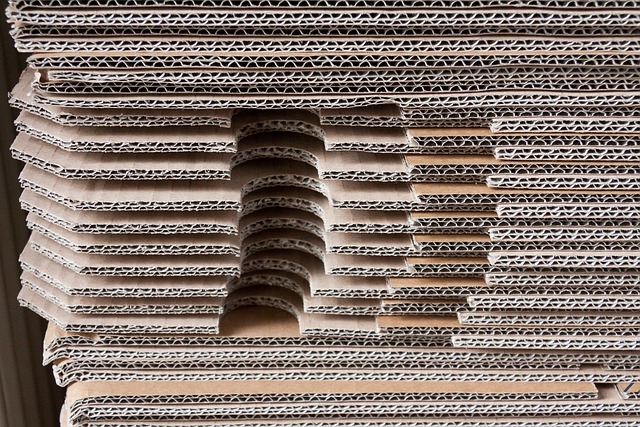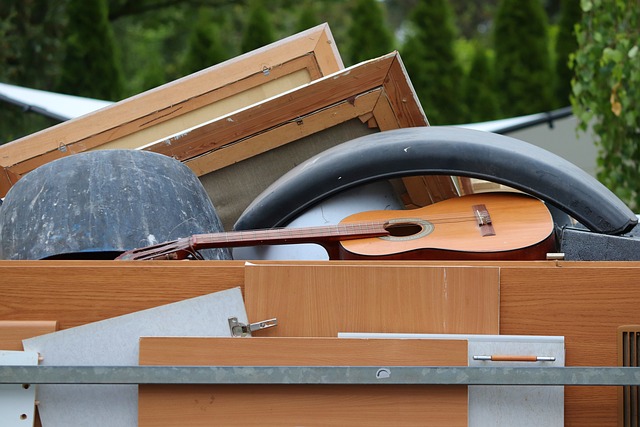So, you’re about to make what’s likely to be the largest ever purchase of your life and you’ve ploughed all your financial resources into buying a house.
But what you may not realise is that aside from the purchase price of your new home, there are a number of ‘hidden’ costs which may take you by surprise if they haven’t been budgeted for.
Here, I’ll explore some of these costs and give you a few tips to help lessen the blow of these extra expenses and save money while moving home.
1. Cleaning costs
One of the most significant hidden costs of moving is cleaning expenses.
Before moving out of your old home or apartment, you will need to deep clean it to ensure you get your security deposit back.
Even if you’re moving from a home you own to a new one, you’ll want to ensure it’s in good condition for those moving in.
Also, when you finally arrive in your new home, you may need to hire a professional cleaner to ensure it’s in move-in condition.
Depending on the size of your home and the extent of the cleaning required, this can add hundreds or even thousands to your moving expenses.
You can of course do the work yourself if you have the time, but deep cleaning a home can be a time-consuming and labour intensive process.
2. Storage fees
Another hidden cost of moving is storage fees.
If you have excess belongings that won’t fit into your new home, you may need to rent a storage unit.
These fees can add up quickly, especially if you need to store your belongings for an extended period.
To save money, consider decluttering your home before your move and selling or donating items you no longer need.
There are a couple of things you can do to cut down on storage costs:
- Go for a smaller unit and pack it carefully.
- Look for a storage facility that offers discounts for long-term rentals.
- Ask about discounts for students, seniors, or military personnel.
- Supply your own lock, rather than buying the one the storage centre sells you.
- Use your own packing materials rather than the storage company’s boxes.
3. Utility setup fees
These are another often overlooked expense of moving.
When you get to your new home, you’ll need to pay fees to set up utilities like water, gas, electricity, and internet.
These fees can vary depending on your location and the specific services you require.
To save money, research different utility providers and compare prices to find the best deals.
4. Repairs and renovations
It may be that you need to fix a few things before selling your old home, or that you want to make improvements to your new one.
Either way, the cost of home repairs and renovations can soon add up depending on the extent of the work required.
The best way to save money here is to get your hands dirty and tackle some of the work yourself.
You’ll need to hire a professional for certain jobs to ensure they comply with safety regulations, but there are lot of things that you can ‘DIY’.
YouTube is a great resource for finding how-to videos so don’t be afraid to tackle some of those niggling repairs – you might be surprised at how much money you can save.
5. Moving insurance
This is an often-overlooked expense, but it’s essential to protect your belongings during transit.
While your moving company may offer insurance, it may not cover all the value of your belongings.
To avoid potential losses, consider purchasing additional insurance to protect your most valuable items.
If your items are low value then you can probably get away with not paying for moving insurance, but it’s a must if there’s anything valuable going in the removal lorry.
6. Pet boarding
If you’re moving house with pets, you may need to pay for boarding while you get yourself organised.
After all, no-one wants a frightened pet that may run off to cope with on moving day.
Pet boarding fees can vary depending on the size and number of pets you’re moving with and can add a significant costs to your move.
To save money, consider asking friends or family to help by looking after your pet while you move.
Your furry friend will be okay for a day or two as long as they’re well looked after and pampered.
It might be an idea to take your pet to the home they’ll be staying at a couple of times before you move to get them used to the smell of the place and the people they’ll be staying with.
7. Missing items
It’s not unusual for people to arrive in their new home only to find that the previous owner has decided to remove everything barring the kitchen sink (and even that’s not unheard of!).
Light fittings and bulbs, toilet roll holders, cat flaps and loft ladders are among the items that often go walkies.
Be prepared for this and have a budget to pay for these essential items as part of your overall moving budget.
8. Packing materials
The cost of boxes, tape, bubble wrap, and other packing materials can add up.
If you’re not careful, you could easily spend hundreds on packing supplies so you need to think smart.
Here are a few ways to save money on packing materials:
- Use free boxes from your local supermarket or hardware store.
- Use newspaper or other free packing materials.
- Wrap your belongings in blankets or towels instead of bubble wrap.
9. Locksmith
This is another optional expense but one that many people consider when moving into a new home.
Changing the locks at your new property can give you peace of mind no matter how much you trust the sellers.
It can be an expensive business though depending on how many lockable access points there are but it might be worth it in the long run.
Make sure you hire an approved locksmith to do the job and get enough spare keys to go around.
Getting keys cut at a later date can work out to be more expensive and is sometimes an unreliable process.
10. Mail redirection
This is a cost that people often overlook but one that’s essential in my opinion.
Once you move, you’ll need to redirect your mail to your new address.
This can be arranged through the Post Office at a cost, with six months being the ideal time to go for.
This should hopefully scoop upall the mail that continues to arrive at your old home after you’ve changed all your addresses.
You might also want to leave some stamped and addressed envelopes for the new owners and ask them if they’d be kind enough to forward any mail that slips through the net.
I’ve lived at properties where even years later important letters are still arriving for the previous owners. I believe it’s good Karma to reunite them with their rightful owner if you can.
11. New furniture
It’s not uncommon to get your old furniture into your new home only to realise that either it doesn’t fit properly or you now hate it.
It’s a good idea to budget for this, although new furniture can add up to thousands of pounds.
There are a few things you can do to save money on new furniture:
- Look for furniture that is on sale or clearance.
- Consider buying second-hand furniture.
- Build your own furniture.
12. New items for the house
In addition to furniture, you might also need to buy new items for your new home, such as light bulbs, towels, and kitchen utensils.
These costs can add up quickly so it’s something you need to budget for in advance so you don’t get caught out.
Whenever you move into a new house there’s always something unexpected that you discover you need.
Conclusion
It’s important to be aware of the hidden costs of moving house as it’s easy overlook them in all the excitement of buying your dream property.
As with everything else surrounding your property purchase, plan things in advance and budget accordingly to avoid any last minute stress when moving house.
It’s also good practice to assume the old owners of your new home will take certain items with them and ensure you’ve got an emergency supply of essential items.
Even if they don’t, it’s always good to have a supply of replacements to hand.
You may also like:










